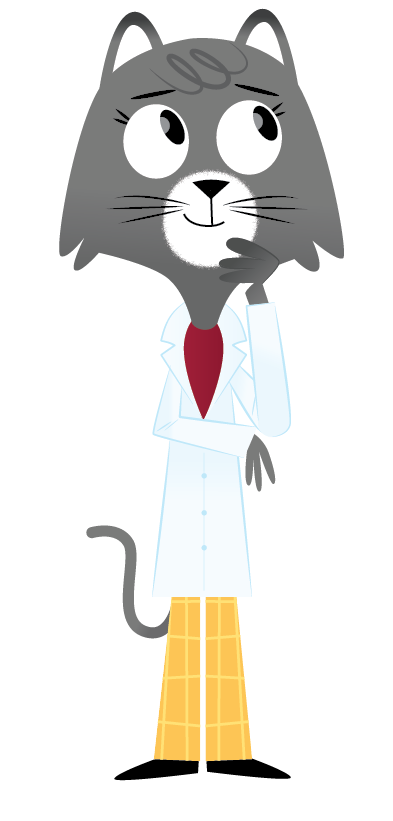How is ice cream made? - Israel, 7
rcwebberDear Israel,
It just so happens that July is National Ice Cream Month. To celebrate, I decided to whip up some homemade ice cream. You can try it at home, too.
Put milk, sugar and vanilla into a freezer bag and seal it up tight. Fill another gallon freezer bag with ice and rock salt. Place the liquid mix bag inside the bag of ice and give it a good long shake. Some scientists might call this part "agitating." After five minutes or so, you'll notice the liquid mix in your bag becomes solid. Then you can dig in with a spoon.
After making my own homemade tuna-flavored ice cream, I decided to take a trip to the Washington State University Creamery to see how the professionals make ice cream for Ferdinand's Ice Cream Shoppe.
Read More ...